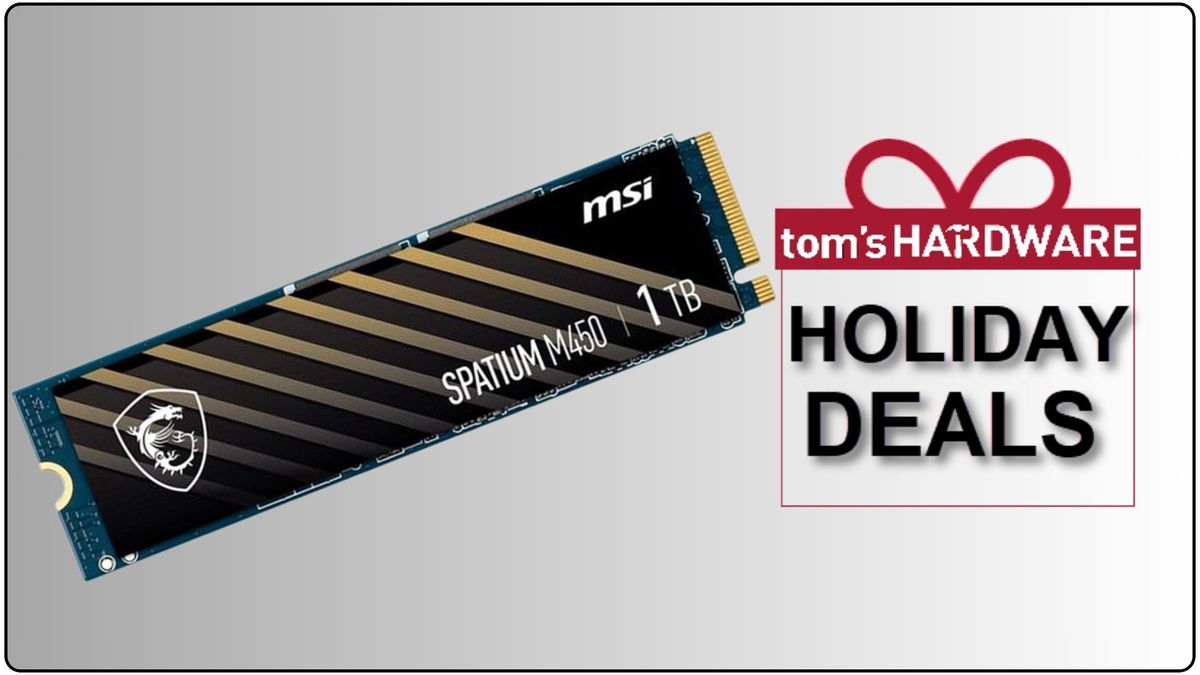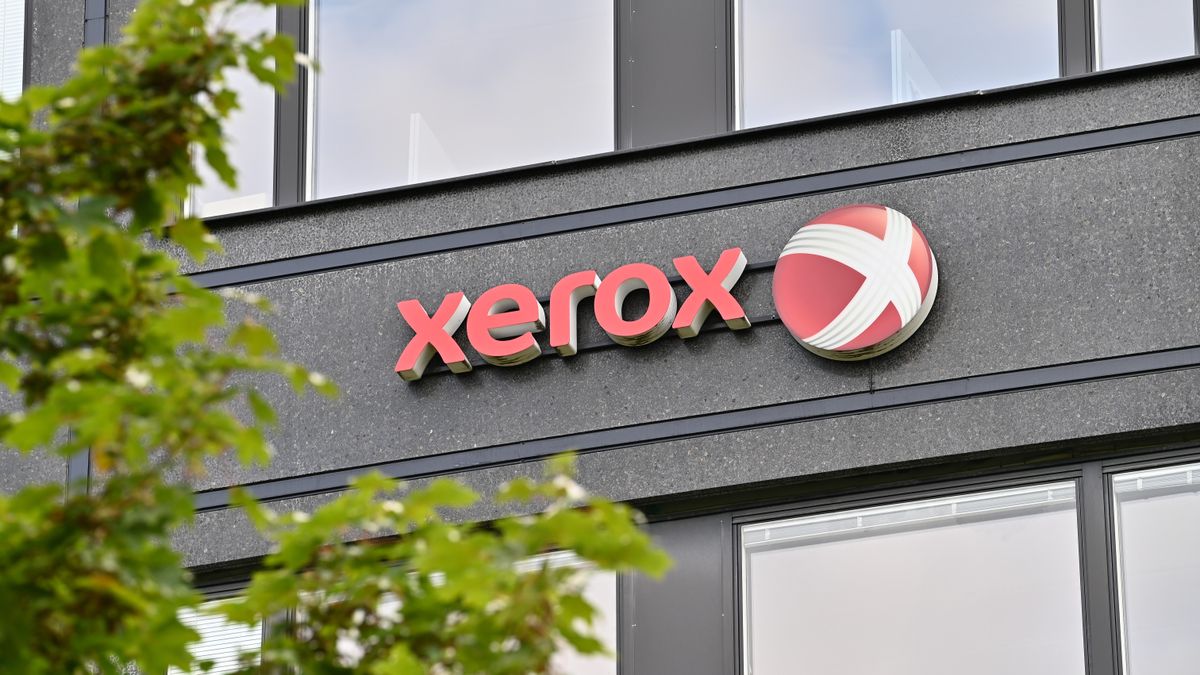Nvidia is at the center of an antitrust investigation launched by China’s State Administration for Market Regulation (SAMR). According to a report, the investigation revisits Nvidia’s 2019 acquisition of Mellanox Technologies, approved by Beijing in 2020 under strict conditions. These required Nvidia to supply its GPUs and interconnect products to the Chinese market on “fair, reasonable, and non-discriminatory terms” while ensuring compatibility with other companies' hardware.
The probe is a reaction to Nvidia’s compliance with U.S. export restrictions, which limited the supply of advanced GPUs to China. SAMR accuses Nvidia of breaching the conditions tied to its Mellanox acquisition. If proven, Nvidia could face fines of up to $1.03 billion, equivalent to 10% of its 2024 revenue from China, one of Beijing's largest antitrust fines ever levied.
The move seems part of China’s broader retaliation against U.S. trade policies that imposed strict export controls on semiconductor technology, citing national security concerns. As a key player in AI and high-performance computing, Nvidia has been directly impacted by these restrictions, leading to supply limitations in China.
The antitrust investigation highlights growing tensions in the global semiconductor industry. China, heavily reliant on imported chips, views the U.S. restrictions as an attempt to stifle its technological advancement. Nvidia’s case underscores the risks faced by foreign companies navigating the political complexities of the U.S.-China trade dispute.
China’s decision to re-examine a previously approved acquisition signals Beijing’s increasing assertiveness in applying antitrust laws, especially in sectors deemed strategic to its national interests. This approach could deter foreign investments, as companies may face heightened regulatory scrutiny years after closing deals.
Nvidia has not officially responded to the allegations but remains a critical player in the semiconductor market. Its GPUs are essential for AI development, a field where both the U.S. and China are vying for dominance. Losing access to the Chinese market or facing significant financial penalties could have long-term implications for Nvidia’s growth.
Recently, the New York Times accused Nvidia CEO Jensen Huang of being one of the largest tax dodgers in the U.S. Ranked as the 10th richest person in the U.S., with a $127 billion fortune, the NYT believes that a string of tax dodges already in place could reduce his family’s estate (inheritance) tax bill by roughly $8 billion.

 2 weeks ago
5
2 weeks ago
5








 English (US) ·
English (US) ·